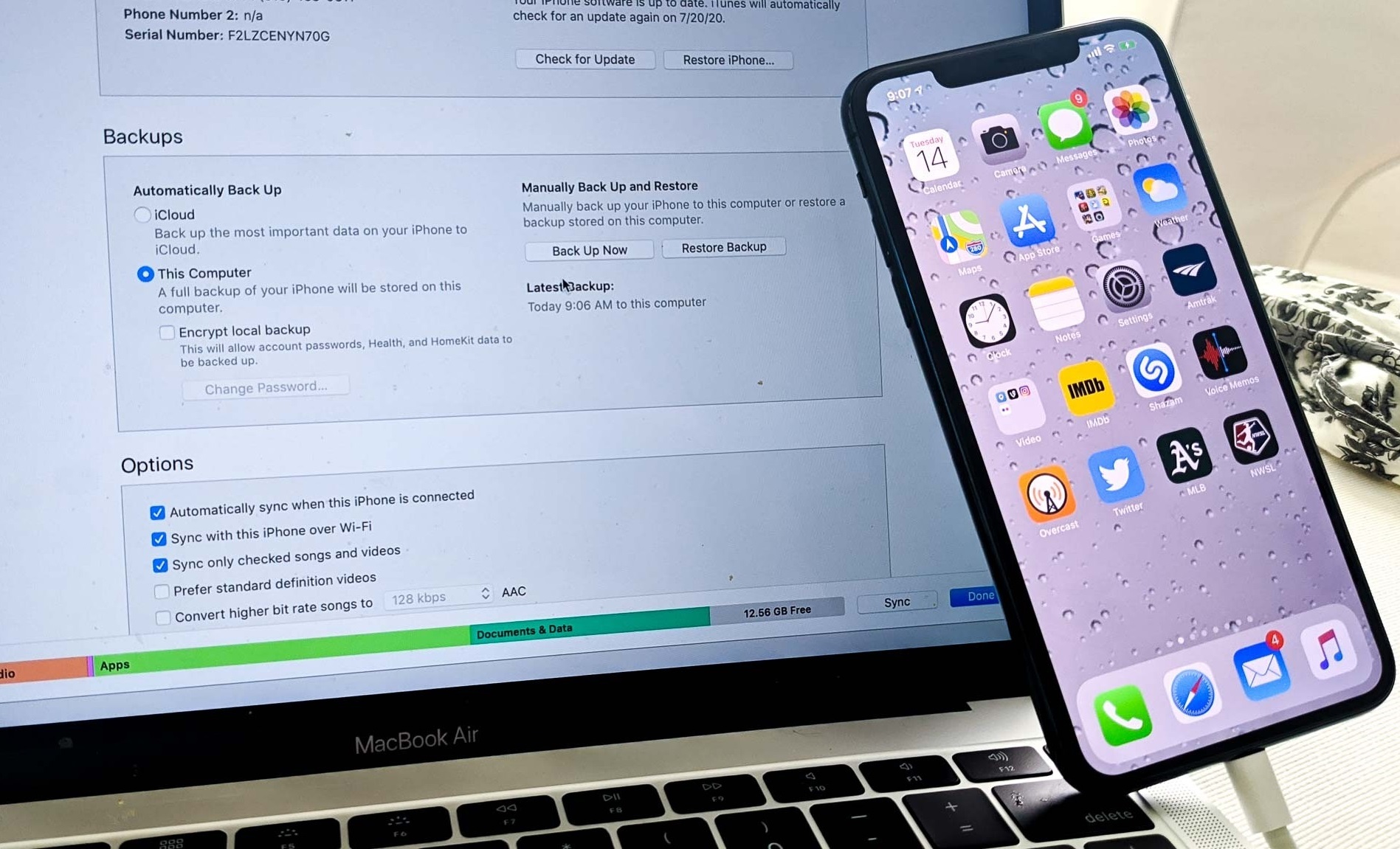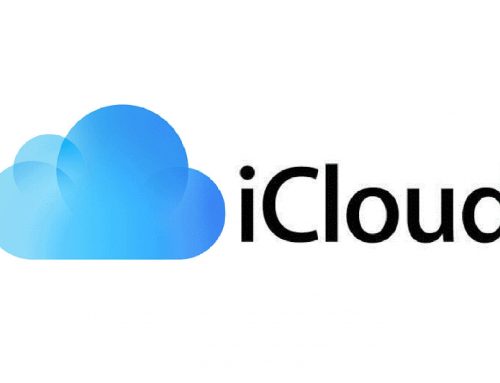This video will show you how to correctly identify phishing attacks and other email scams. It includes the following:
- Email Phishing
- Unrecognized URL’s (Malware)
- Identifying Scam Emails
Email Scams and Phishing
Scam artists are extremely familiar with using email or text messages to trick you into handing over your personal information to them. A successful scammer can get access to your passwords, bank details, and any other sensitive information you may have. Thousands upon thousands of phishing attacks are distributed every day and they’re often successful. Email Scam artists stay up to date with the latest tactics and social engineering tricks to manipulate the user into handing away his sensitive information. Phishing is the most common method of scamming a user – this is when a hacker cons the victim into providing his personal information or account data via an email that was sent to him, which sometimes looks like an email from a legitimate company – but instead, the victim enters his info and assumes that the email is legitimate and genuine.
How to identify email scams
If you’re not sure whether an email you’ve received in your inbox is legitimate or not, and you believe it could be an email scam, ask yourself these questions before proceeding to reply or clicking anything in your inbox:
- Have I received an email message or messages from this address before?
- Do I have an account with this company?
- Does the sender’s identity correspond to the purpose of the email?
A genuine email should be addressed only to you, usually with your name included in the message. Always check if the email has been sent to several addresses on the To: line. Email formats are usually subject to large distribution instead of targeting a single individual at one time.
Watch out for email scams that contain claims like:
- “You have won the lottery“
- Foreign government officials needing assistance in transferring funds.
- Inheritance document claiming that you have inherited currency from a relative you do not know.
Consider the purpose of the email you’ve received – Email is, not by any means, a secure way of sharing sensitive information. Companies and businesses should not ask you to send them passwords, login details, or any other personal information through email.
Email scams are something we can help you with. If you’re unsure whether or not you are a victim of a scam, we can check the scope out for you and even install software to manage phishing attacks – contact us via the website or email us at [email protected]




